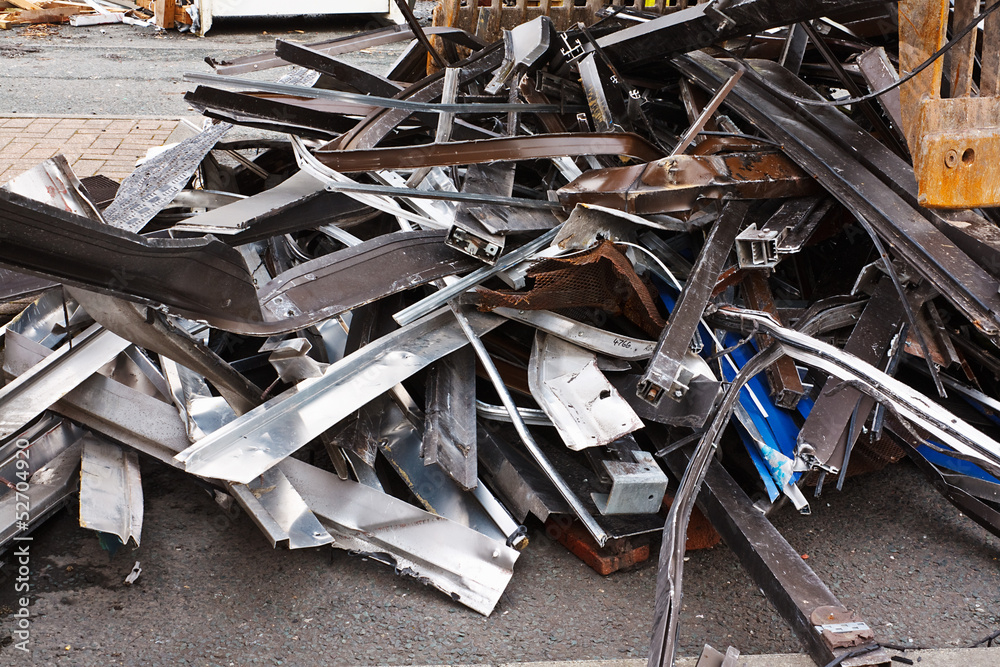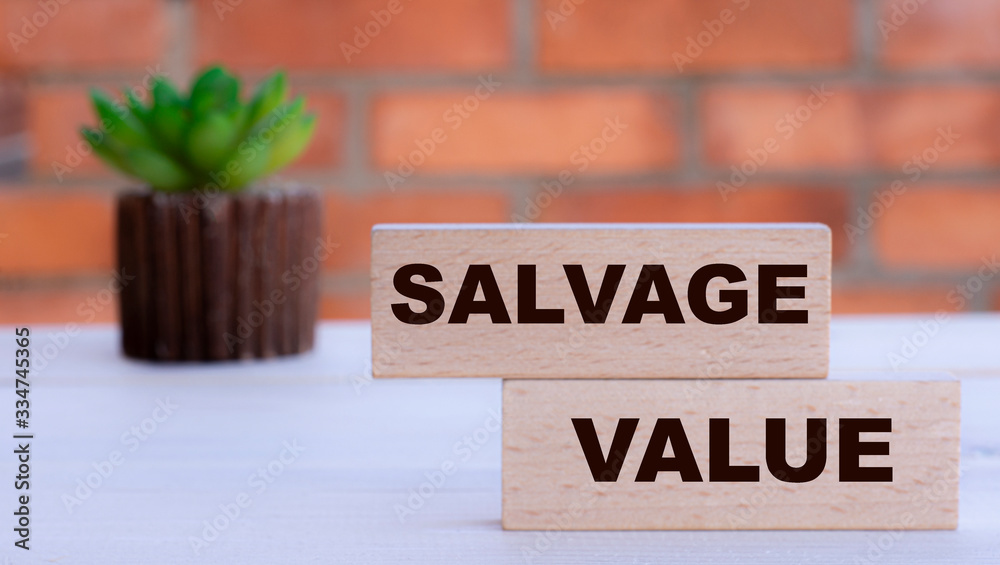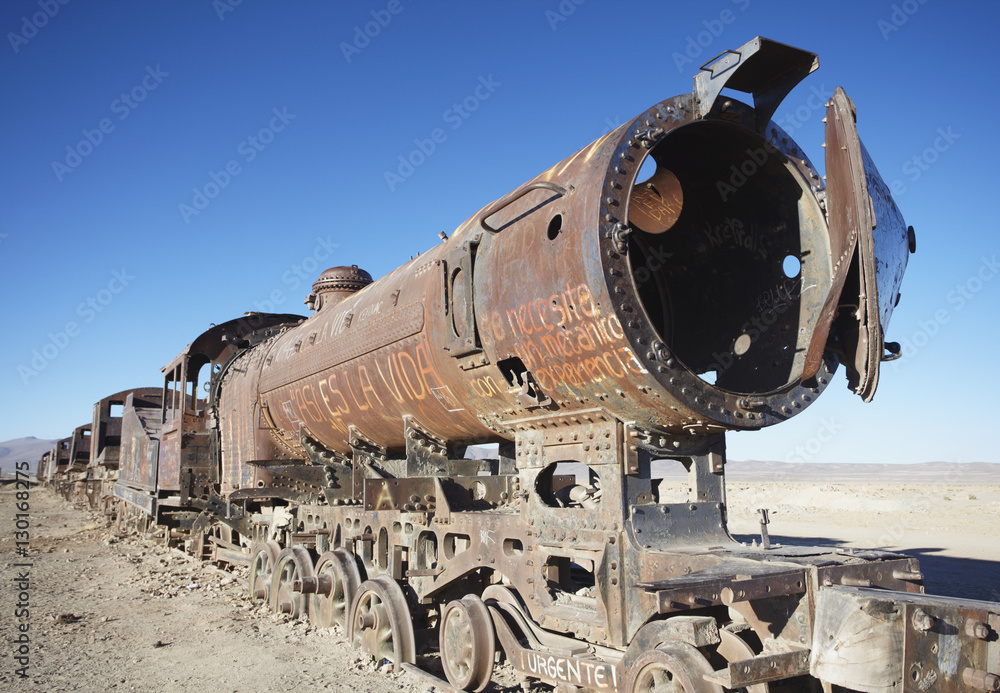Types of Value
1. Market Value:-
The market value of a property is the amount that can be obtained at any particular time from the open market. If the property is put for sale, the market value will differ from time to time according to demand and supply. The market value also changes from time to time for various miscellaneous reasons such as changes in the industry, changes in fashion, means of transport, cost of material and labor, etc.
2. Scrap Value:-
Scrap value may be defined as the value of materials of dismantled buildings. After completion of the utility period, the dismantled materials such as steel, timber, bricks, and furniture will fetch a certain amount which is called the scrap value of the building. In the case of machines, the scrap value is the value of the metal or dismantled parts.
The scrap value of a building is about 10 % of its total cost of construction. The cost of dismantling and removal of the rubbish material is deducted from the total receipt from the sale of useable materials to get the actual scrap value.
3. Salvage Value:-
The value of the building at the end of the utility period without being dismantled is called the salvage value. A machine after the completion of its usual span of life may be sold or purchased by someone for another's use. The sale value of that machine is called Salvage value.
The salvage value of the property or an asset may be positive, zero, or negative. For e.g. the salvage value of RCC structures is negative because dismantling and removal will be costly. The salvage value of the machine will be positive because its parts may be used for other purposes.
4. Book Value:-
Book value is the amount shown in the account book after allowing necessary depreciations. The book value of a property in a particular year is the original cost minus the amount of depreciation up to the previous year.
Book Value = Original Cost - Depreciation up to the previous year.
Book value depends on the amount of depreciation allowed per year and will be gradually reduced year and at the end of the utility period of the property, the book value will be only scrap value.
5. Retable Value:-
Retable Value is the net annual letting value of a property, that is obtained after deducting the value of yearly repairs from the gross income.
Retable Value = Gross Income - Yearly Repair Cost
Municipal and other taxes are charged at a certain percentage of the Retable value of the property.
6. Obsolescence:-
The value of a property structure becomes less when it becomes out of date in style, design, structure, etc. This is known as Obsolescence. It may be due to progress in planning, ideas, new inventions, improvements in design techniques, etc. Hence, even though a building is physically sound, it may become functionally inadequate and its economical return become less.
7. Annuity
It is the annual payment for the repayment of the capital amount invested by a party. These annual payments are made at the beginning or at the end of a year, usually for a specific number of years.
9. Capitalized Value:-
It is the amount of money whose annual interest at the highest prevailing rate of interest will be equal to the net income from the property. To determine the capitalized value of a property/building; it is necessary to know the net income from the property and the highest prevailing rate of interest.









No comments:
Post a Comment